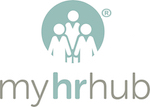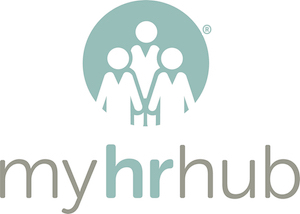Resilience is defined as both the capacity to recover quickly from difficulties, and the ability to adjust easily to misfortune or change. It’s a skill that is not always considered amongst the most valued in a professional environment, but with the awareness of mental health issues on the rise, and the knowledge that so often these issues are closely tied to workplace stress, is encouraging resilience in staff something all HR professionals should be doing in 2019?
There are pressures in every workplace; whether it’s a disagreement with colleagues, anxiety over impending deadlines or simply feeling overstretched, we all experience stressful situations on the job no matter what role we have. But having resilience in our arsenal of skills means we are far better equipped to deal with stress and conflict without being overwhelmed by it. We can recover from setbacks quickly, learn from negative experiences rather than linger on them, and always strive to move forwards.
So, how exactly do we build this robust resilience into our character when faced with day-to-day challenges? According to the Institute for Employment Studies, the roots of resilience lie in having an optimistic mental outlook. It’s not just about coping, it’s about coping positively. They state:
“Experiencing positive emotions helps to broaden people’s thinking about the range of possible responses to a situation, because the situation then lacks the threat and urgency to escape. In other words, negative emotions can cloud thinking.”
Rather than burying a problem, ignoring the looming pile of paperwork or not addressing an issue with a colleague, choosing to take a more positive approach can equate to a far healthier and productive working environment. Positivity allows us to think clearly and rationally.
Building resilience
Here are a few simple ways that can help you to build a positive and therefore resilient attitude in the workplace:
Embrace change
Change is a part of everyday life. The sooner we accept this, the sooner we can embrace it. While change does bring uncertainty, it is also the only way situations can improve, and so it is the only real way that we can grow.
Have a good support network
It’s important to surround yourself with friends and colleagues who can be critical but kind. Having a network that can give you help and advice in times where you are struggling, but also provide you with constructive criticism where needed, will help you bounce back from any potential setbacks you may face.
Be assertive
Take control in difficult situations. It’s easy to ignore a problem, but it will never go away unless you face it head-on. The more you do this the easier it gets, and the more resilient you’ll become in future adverse circumstances.
Keep things in perspective
Sometimes the smallest of concerns can seem insurmountable. On a bad day, it’s the little things that can so quickly spiral out of control. If you maintain a level of perspective at work, it will help prevent these small stresses from being blown out of proportion and make them seem a lot easier to overcome.
Develop self-confidence
Feeling confident in yourself can give you a real sense of control over any problem you may be facing. One of the best ways to feel confident is through experience. But, for employees in the early stages of their careers who have little to no experience to draw from, preparation is also key to self-confidence. Preparing for all possible outcomes will make it easier for you to bounce back if things don’t go quite as expected.
Resilience is just one of the topics covered in our My HR Club workshops. The vision of My HR Club is to create a confidential, encouraging, professional and fun community of like-minded people championing HR in their organisation. To find out more on My HR Club and how you can join visit the My HR Club website.


Recent Comments